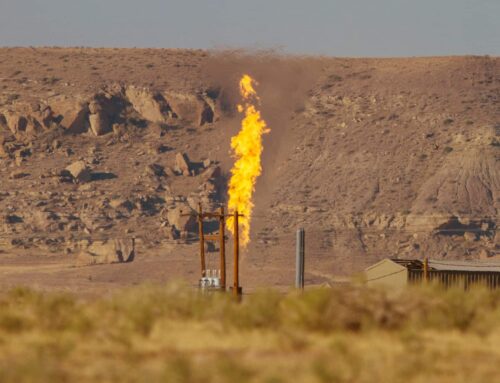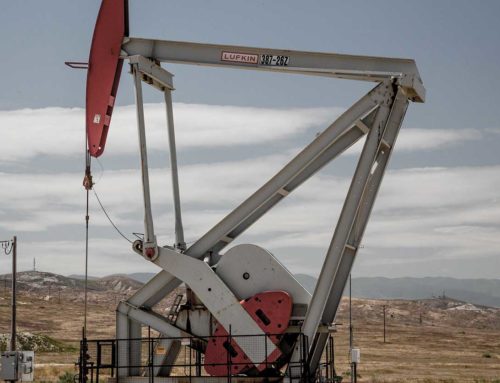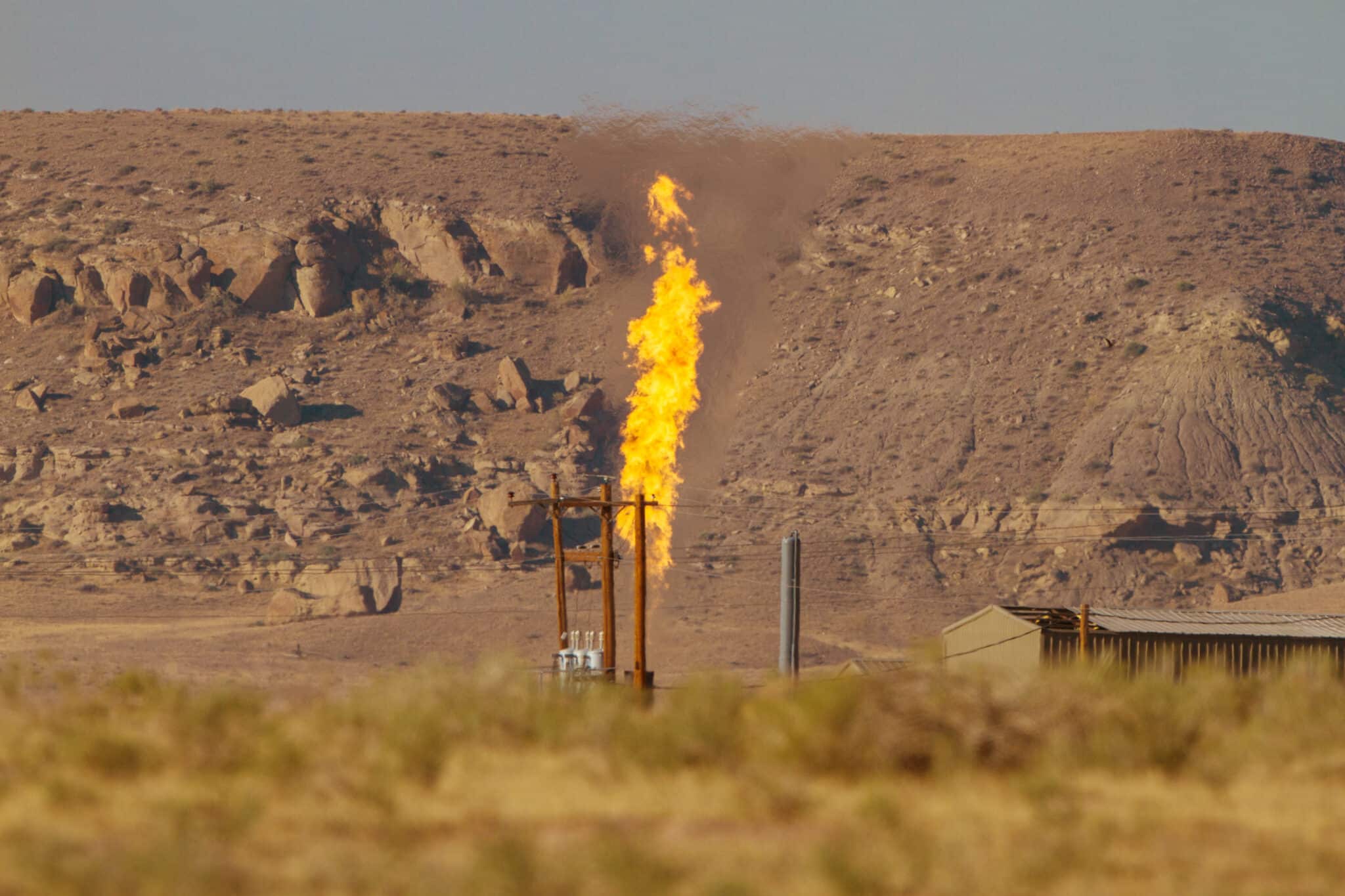On Tuesday, June 22, Senator Michael Bennet (D-CO) introduced the Oil and Gas Bonding Reform and Orphaned Well Remediation Act. In response, TCS president Steve Ellis issued the following press statement:
“Taxpayers for Common Sense applauds Senator Bennet for leading legislation that would reform oil and gas bonding and orphaned well remediation. Bonding rates from 60 years ago need to be retired. By updating bonding rates and implementing a system to track data on potential liabilities, the Oil and Gas Bonding Reform and Orphaned Well Remediation Act takes important steps to protect taxpayers and hold industry actors accountable for cleaning up their messes.”
Background
Orphaned wells are oil and gas wells abandoned by their operator with no one clearly responsible for their cleanup. Orphaned wells create significant financial liabilities for taxpayers and pose environmental and public health risks. The Bureau of Land Management (BLM), the agency in charge of oil and gas leasing on federal lands, is required by the Mineral Leasing Act to obtain adequate bonds or other financial assurance from operators for eventual cleanup before they can start drilling. In the event an operating company dissolves or goes bankrupt, the BLM uses the company’s bond to cover the costs of any remaining reclamation work. If the amount of the bond is insufficient, taxpayers are forced to cover the costs of reclaiming the orphaned wells.
Federal oil and gas bonding rates have not been updated since the 1960s. The Government Accountability Office (GAO) found that current bonds are insufficient to cover reclamation costs. This legislation would finally bring bonding rates into the 21st Century by requiring oil and gas companies – not taxpayers – to assume the potential cost of reclaiming their abandoned and orphaned wells. The GAO also found that BLM does not systematically track needed data. For instance, it does not track actual costs incurred by reclamation nor the total number of orphaned inactive wells over time. The bill addresses this issue by requiring the development of a publicly databased to systematically track needed data to ensure the adequacy of bonds.
Taxpayers have been subsidizing the oil and gas industry by assuming much of the financial responsibility of cleaning up their wells on federal lands. Oil and gas companies already benefit generously from embedded subsidies throughout the leasing process, from inadequate royalty rates and outdated rental rates to below-market minimum bids and allowing noncompetitive leasing. It is time to update bonding rates to make sure industry, not taxpayers, pay for cleaning up the mess they left behind.










